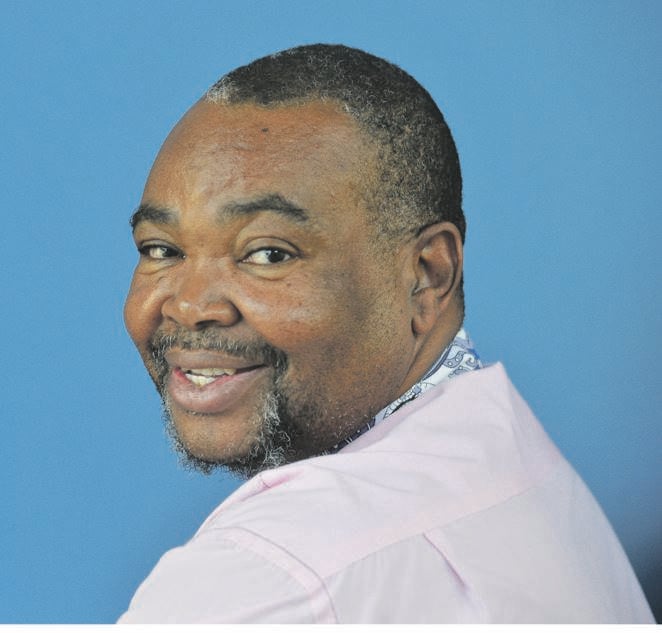
In Wikipedia, mental toughness is described as “a measure of individual resilience and confidence that may predict success in sport, education and the workplace.
“As a broad concept, it emerged in the context of sports training, in the context of a set of attributes that allow a person to become a better athlete, and be able to cope with difficult training and difficult competitive situations and emerge without losing confidence. In recent decades, the term has been commonly used by coaches, sports psychologists, sports commentators and business leaders.”
In an article titled 5 Powerful Exercises To Increase Your Mental Strength in Forbes magazine in 2013, clinical social worker Amy Morin opined: “To me, mental strength means that you regulate your emotions, manage your thoughts and behave in a positive manner, despite your circumstances.
“Developing mental strength is about finding the courage to live according to your values, and being bold enough to create your own definition of success.”
Morin, who works as a psychotherapist, an adjunct college psychology instructor and serves as About.com’s Parenting Teens expert, listed the exercises thus:
. Evaluate your core beliefs.
. Expend your mental energy wisely.
. Replace negative thoughts with productive thoughts.
. Practice tolerating discomfort.
. Reflect on your progress daily.
Under the second point, she insisted that “wasting brain power ruminating about things you can’t control drains mental energy quickly”.
The recent performances (I’m using the word guardedly here) of South African national football teams made me ponder the salient points raised above.
In case you have just crawled out from under a rock, or you are not familiar with the goings on in local football, here is the background.
The South African Under-20 football team – who go by the fancy name Amajita – recently went to represent the country at this year’s Under-20 World Cup in Poland.
This was their second successive qualification after participating in the last version hosted by South Korea.
They went in with their tails high, only to bow out of the competition with a similar whimper to the one they let out two years ago.
They lost their two opening matches 5-2 to Argentina and 1-0 against South Korea before scraping together a 1-1 draw against Spain to finish at the bottom of Group F.
Nothing new there, you might say.
Then came Banyana Banyana’s turn. They qualified for this year’s Women’s World Cup by reaching the semifinals of the Afcon Women’s Cup.
They eventually lost 4-3 to their nemesis Nigeria on penalties after a goalless 120 minutes.
As consolation, they had beaten the Super Falcons 1-0 in the round-robin stage. However, from thereon, it was a downward spiral.
By the time they went into the World Cup in France, they had not won in 10 outings, which included a poor showing at the Cyprus Cup and several friendly matches, one of them against the US.
And, on Monday, Bafana Bafana opened their Afcon campaign with a 1-0 loss to Ivory Coast.
Again, you may ask, what’s new?
Having watched all Amajita, Banyana and Bafana matches so far, I have come to one conclusion.
Our players lack BMT (big match temperament), which is one of the most important ingredients for success in sport.
For decades now, our national football teams have managed to lose matches they should have won.
A case in point: Banyana Banyana had no business losing their opening match against Spain after not only leading 1-0 at half-time, but dishing out a performance that ranks right up there with some of their best.
However, a lack of BMT put paid to their chances in a second half in which they conceded three goals.
While there are many shortcomings in our football, Safa, which is tasked with football development in this country, must with immediate effect make a prerequisite that mental strength exercises be incorporated into the training manuals of all young players.
South Africa is awash with many talented players, but it has been proven many times that this only contributes about 25% towards how one becomes successful.
Other characteristics such as attitude (which determines the state of mind) and bravery play major roles in the total makeup of a successful player.
Introducing this aspect in development would help South Africa eat the elephant in the room bit by bit and will contribute that very important first step on a journey of a thousand miles.
Finally, I would like to disagree with the doomsayers who are already calling for Thabo Senong (Under-20 coach), Desiree Ellis (Banyana) and Bafana coach Stuart Baxter to be fired.
Safa have been hiring and firing coaches with such alacrity since 1992 that doing so now would be in disregard of Albert Einstein’s advice that insanity is doing the same thing repeatedly with the hope of getting a different result.
It’s obvious that our football problems are much bigger than just coaching.
. Follow me on Twitter @Sbu_Mseleku




 Publications
Publications
 Partners
Partners








